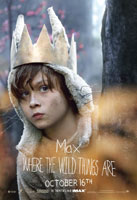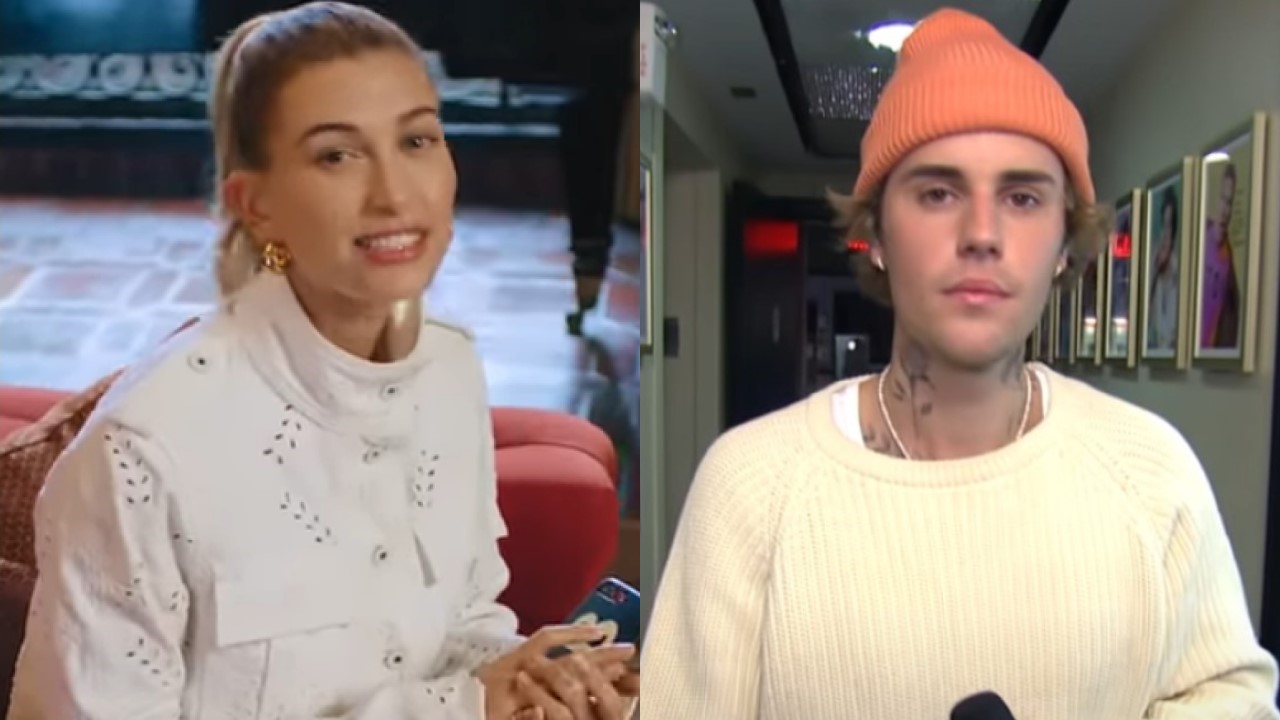The question going into Where The Wild Things Are is, can childlike wonderment be sustained for an entire film? Can Spike Jonze, who has never made a bad movie, take Maurice Sendak's rough-edged, slim picture book and give it the scope of a story for adults?
The answer, as sad as I am to say this, is no. Jonze has done wonderful things with Sendak's visuals, insisting on full-body suits for the wild things rather than CGI, and casting the expressive and wonderfully natural Max Records as Max, the boy angry enough at the world to run away and create his own island full of monsters. But what Jonze is attempting is storytelling through emotion, not character or plot or ideas, and all of the beautifully executed moments of love or anger or joy never come together as any kind of whole. Jonze and co-screenwriter Dave Eggers are trying to tell a story from a child's point of view, but in doing so they get mired in a child's lack of perspective and narrative skills, making a film full of feeling but without purpose.
Their investment in childhood pays off brilliantly, though, in the film's opening scenes, in which the tiniest touches establish Max as a real character. He's thrilled to start a snowball fight with his distant teenage sister and her friends, only to be crushed when they destroy his fort. He seeks comfort in his mother (Catherine Keener) and plays with the toes of her stockings, even as she's caught up with work on the computer. He sees mom's new boyfriend (Mark Ruffalo) in the living room and reacts with a fit, biting his mom and running out of the house-- maybe not precisely what a real kid would do, but close enough.
Running into the forest, Max finds a sailboat and travels through gales across the sea, landing on a rocky island and encountering the titular monsters in their village, where Carol (James Gandolfini) is throwing a fit because the group isn't together enough anymore. Jonze does a nice job of not connecting Carol's fit too directly to Max's with some handy misdirection, introducing us to the giant cast of monster characters, voiced by a host of amazing talent (Forest Whitaker, Catherine O'Hara and Chris Cooper make valuable contributions as characters who, sadly, don't amount to much).
Max tells some tall tales and gets himself named king, which allows him to declare things like the wild rumpus and building a giant fort as valuable activities. But he mostly becomes a silent observer of the drama amongst the wild things, where the usual family squabbles keep turning into something darker and more troublesome. Specifically Carol is upset with K.W. (Lauren Ambrose) for making new friends (two birds, hilariously), and Alexander (Paul Dano) is sick of being the butt of the joke
The parallels to Max's real life are obvious in retrospect, but again Jonze avoids making it too deliberate, following pointless plot strands about the fort and the nearby desert and some minor relationship problems, none of them illuminating anything about either the wild things or Max. The central idea of the film is that being a kid is far from carefree, and even fun and games come with hurt and confusion, but only occasionally does that idea peek past all the inter-wild thing drama and endless montages of running, jumping and playing. Various visual moments brilliantly capture other emotions-- Max's wonderment at the new world as he rides on Carol's back, his contentment in a giant snuggle pile of monsters-- but the more complicated stuff never finds a good way to express itself.
As beautifully as the wild things are rendered in their combination of CGI and puppets, and as good as the voice work from Gandolfini and Ambrose can be, the monsters don't emerge properly as manifestations of Max's fears and inner turmoil. This is crucial, given that we never see any big changes from Max himself. When it comes time to return to his real life, it is the wild things, not the boy who are to have learned the lessons, but it doesn't come from either side. The answers of growing up aren't easy, of course, but there has to have been some point to all this.
Your Daily Blend of Entertainment News
Jonze and Eggers, who each know their way around a good narrative, have clearly avoided more traditional plot elements in favor for a more experiential film, about feeling more than action. While their efforts at something new are sometimes wonderful, ultimately they tip too far toward the other side, creating a muddle rather than a rich emotional experience. It's easy, but not rewarding, to be swept away by the visuals and earnest feelings of Where the Wild Things Are; it allows you to feel the injustices and thrills of childhood, but not the growing up and understanding that come after.
Staff Writer at CinemaBlend


